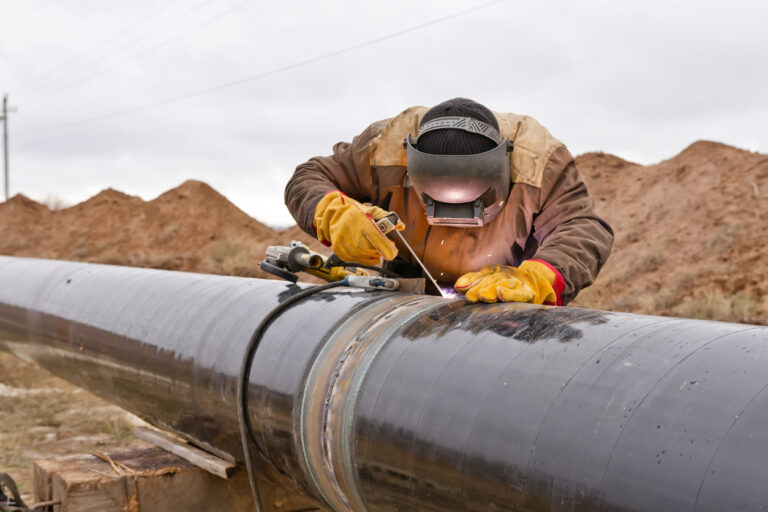The National Union of Nigerian Welders (NUNIWE) has raised urgent concerns over what it describes as the growing displacement of local professionals by foreign welders, warning that the trend threatens livelihoods and deepens the nation’s unemployment crisis.
Speaking at the union’s certification registration ceremony in Lagos, NUNIWE National President Comrade Peter Iniobong said the influx of workers from China, India, Indonesia, and Turkey has tilted the balance of employment against qualified Nigerians, in violation of the country’s labour quota laws.
“We are not opposed to expatriates working in Nigeria — they are our global colleagues,” Iniobong said. “But we must resist the divide-and-rule tactics of capitalists who seek profits at the expense of Nigerian labour. Our members have the qualifications, skills, and experience, yet we are being sidelined.”
While emphasising that the union supports global collaboration, Iniobong insisted that it must not come at the cost of local talent. He called on President Bola Ahmed Tinubu to strengthen the welding and steel industries, promote industrialisation, and ensure that Nigerian workers get fair access to opportunities.
Union’s eight-point action plan
The NUNIWE president unveiled a strategy that includes monitoring legitimate job openings, investigating workplace maltreatment, and collaborating with industry stakeholders to enforce the Nigerian Content Development Act within the welding sector. The agenda also prioritises skills training, stronger regulations, and initiatives to protect local welders from unfair competition.
This comes amid new international opportunities for skilled tradespeople. Canada recently opened an immigration pathway for welders, drivers, and electricians — a move that could attract Nigerian talent seeking better pay and working conditions abroad.
Labour movement backs welders’ concerns
Deputy General Secretary of the Nigeria Labour Congress (NLC), Ismail Bello, threw his weight behind the welders’ position, condemning the exploitation of workers in the informal sector. He cited private security guards who are often paid between ₦20,000 and ₦30,000 a month — far below the ₦70,000 minimum wage — as an example of widespread underpayment.
Bello stressed the importance of unionisation across all industries to guarantee fair wages, workplace safety, and pension benefits.
Rufus Olusesan, President of the Precision, Electrical and Related Equipment Senior Staff Association (PERESSA), urged NUNIWE members to stay united, reminding them that their recent merger of eight separate welding factions had given them a stronger collective voice.
Welding’s untapped economic potential
The warning from NUNIWE coincides with a broader conversation about skilled trades in Nigeria. Professor Kabir Ahmed Abu-Bilal, a Kaduna-based lecturer in Electrical and Electronics Engineering, recently revealed that his monthly income from welding is double his university salary. He described the craft as both a personal passion and a practical way to remain self-reliant while contributing to national development.
With Nigeria’s unemployment rate under pressure and industrial job opportunities scarce, NUNIWE warns that unchecked foreign dominance in the welding sector could push more citizens out of work — unless decisive action is taken.

